The CSBID is composed of eight Investigators at seven universities across the United States and Canada. We leverage our scientific expertise to increase impact of structure-driven discovery relevant to infectious disease.
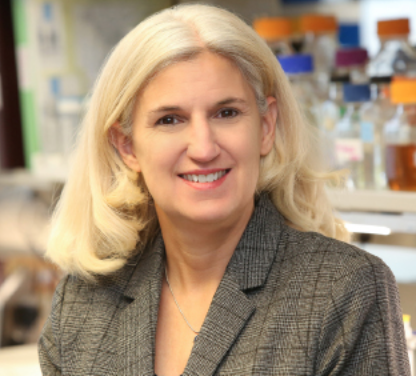
Karla Satchell, PhD
Anne Stewart Youmans Professor of Microbiology
Feinberg School of Medicine, Northwestern University
Principal Investigator & Director at the Center for Structural Biology of Infection Diseases
Dr. Satchell’s professional expertise is solidly in the area of bacterial infection, with a specialization in structure and function of enzymes that impact virulence, particularly immune evasion. Her lab’s research focuses on the cell biological and biochemical mechanism of action of secreted bacterial toxins. In 2017 Dr. Satchell assumed leadership of the center with a goal leveraging the CSBID structure determination pipeline to better connect it with the microbiology community, identify protein targets that are directly relevant to infectious diseases, and increase research impact. In addition to guiding the center, Dr. Satchell heads our Administrative Core.
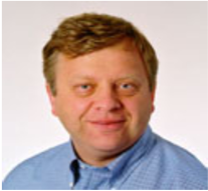
Adam Godzik, PhD
Professor, Biomedical Sciences
Bruce D. and Nancy B. Varner Presidential Endowed Chair in Cancer Research
University of California Riverside
Lead Investigator at the Center for Structural Biology of Infectious Diseases
Dr. Godzik has been a Bioinformatics Core Leader with large structural genomics projects since 2010 and eventually joined the CSBID. He continues to provide expertise in target selection and optimization. His professional expertise and research interests span structural bioinformatics and co-evolution of immunity and pathogenicity. The Godzik lab’s research focuses on the continued development of software tools for protein structure analysis, especially in the context of evolution of large protein families. His lab has developed multiple bioinformatics programs and servers, including algorithms for fast clustering of protein sequences (CD-HIT), analysis of changes in protein sequences in evolution (FFAS), changes in protein structures, including their flexibilities (FATCAT and POSA), for optimal selection of targets and constructs for successful structure determination (XtalPred), and for mutation analysis in the context of protein structures (cancer3D and coronavirus3D).
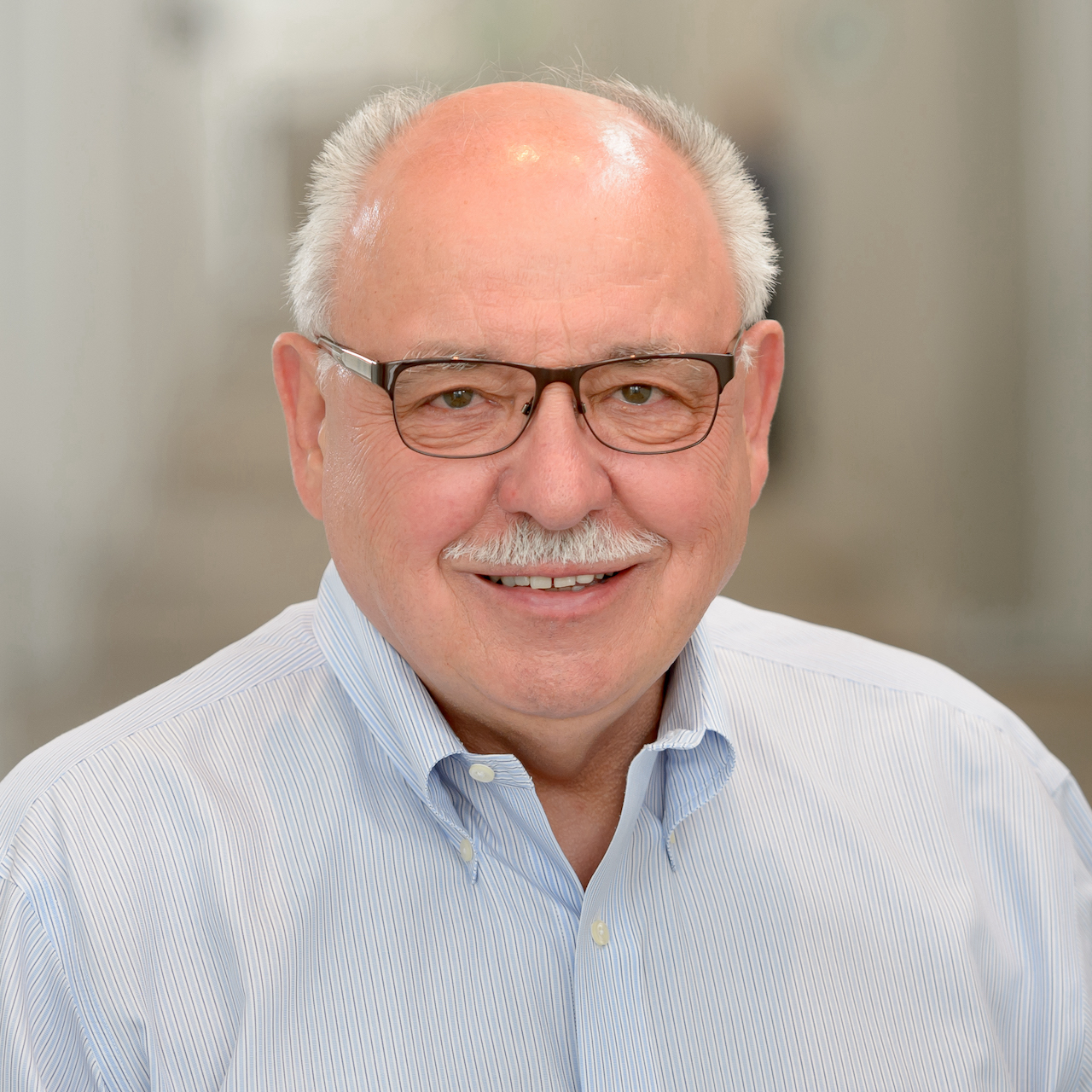
Andrzej Joachimiak, PhD
Professor, Consortium for Advanced Science and Engineering, University of Chicago
Argonne Distinguished Fellow, Argonne National Laboratory
Lead Investigator at the Center for Structural Biology of Infectious Diseases
Dr. Joachimiak is one of the founding investigators of our center (previously known as the Center for Structural Genomics of Infectious Diseases). His interests are in protein structure and function, enzyme catalysis, molecular chaperones and folding, protein/protein, protein/small ligand and protein/nucleic acid interactions. His expertise is in molecular and structural biology, protein expression, purification, characterization, and in synchrotron-based x-ray crystallography. Dr. Joachimiak uses these approaches combined with biochemical and functional analyses to study biological molecules at the atomic level.
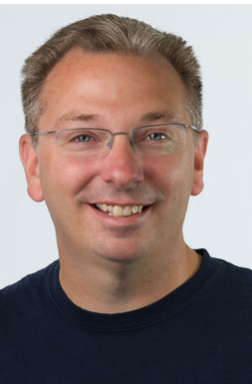
Andrew Mesecar, PhD
Walther Professor of Structural Biology; Head, Department of Biochemistry, Purdue University
Director, Purdue University Center for Cancer Research
Lead Investigator at the Center for Structural Biology of Infectious Diseases
Dr. Mesecar has expertise in x-ray crystallography combined with high-throughput and computationally guided small molecule discovery and design as applied to infectious diseases, cancer and Alzheimer’s disease. Dr. Mesecar continues to apply his broad and interdisciplinary background in biochemistry, enzymology, structural biology, x-ray crystallography and structure-guided design to the discovery & design of inhibitors and activators of enzymes involved in human disease.
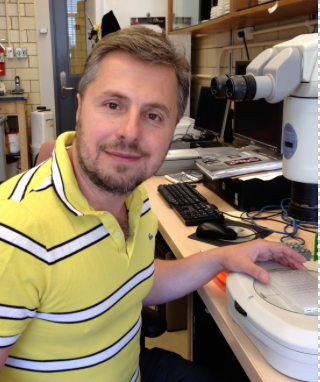
Alexei Savchenko, PhD
Professor, Department of Microbiology Immunology & Infectious Diseases
Adjunct Associate Professor, Department of Biochemistry and Molecular Biology,
Cumming School of Medicine, University of Calgary
Lead Investigator at the Center for Structural Biology of Infectious Diseases
Dr. Savchenko is one of the founding investigators of our center (previously known as the Center for Structural Genomics of Infectious Diseases), and successfully manages a team of researchers toward structural characterization of microbial proteins. His experience has allowed him to establish a large network of active collaborations with experts in the field of bacterial and fungal pathogenesis and to develop several important methodologies for recombinant proteins for structural studies, which is a strong asset in the current application. His research lab pursues structure-function studies of microbial proteins involved in pathogenesis and conferring antibiotic resistance to provide the molecular framework for development of urgently needed novel antimicrobial therapies.
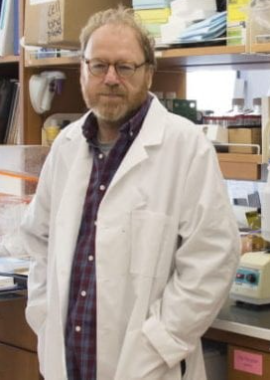
Daved Fremont, PhD
Department of Pathology and Immunology; Department of Biochemistry and Molecular Biophysics
Washington University in St. Louis School of Medicine
Lead Investigator at the Center for Structural Biology of Infectious Diseases
Dr. Fremont is one of the founding investigators of our center (previously known as the Center for Structural Genomics of Infectious Diseases). His research lab is focused on studying molecular and cellular mechanisms of immunological processes, including issues related to pathogen immune evasion. His group studies the strategies used by viruses to disrupt cytokine inflammatory signaling, antigen processing and presentation, and humoral immunity, specifically large DNA viruses (i.e., pox and herpes) as well as enveloped RNA viruses, especially flaviviruses, alphaviruses, and coronaviruses where he has a particular focus on viral entry mechanisms and B-cell epitope mapping. Dr. Fremont is also involved in several ongoing projects in cancer immunotherapy and anti-inflammatory drug development. He employs a broad spectrum of approaches including protein biochemistry & engineering, structural biology (crystallography & cryoEM), quantitative protein interaction analysis (SPR, BLI & ITC), and directed immunological and virologic assays.
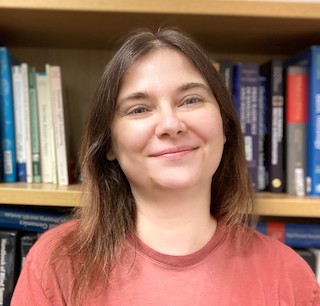
Dominika Borek, PhD
Department of Biophysics & Biochemistry
University of Texas Southwestern Medical Center
Lead Investigator at the Center for Structural Biology of Infectious Diseases
Dominika Borek joined the faculty at UT Southwestern in 2004 and the CSBID as a Lead Investigator in 2022. She leverages her expertise in structural biology to developing methods for data analysis in X-ray crystallography and cryo-EM with a particular focus on processes induced by radiation damage, and structural studies of macromolecules with X-ray crystallography and cryo-EM single particle reconstruction.
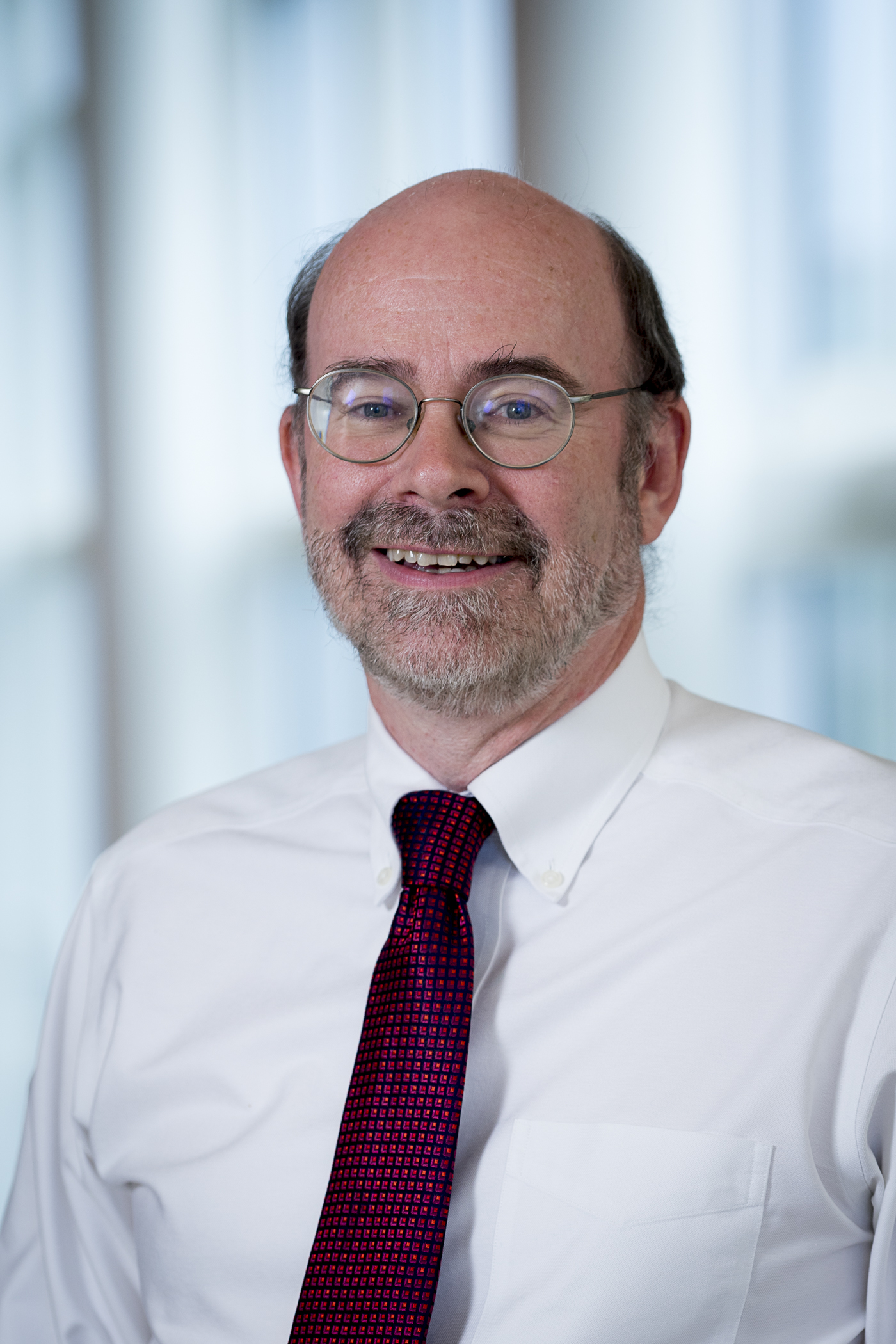
Richard Kuhn, PhD
Trent & Judith Anderson Distinguished Professor of Science, Department of Biological Science
Krenick Family Director in Inflammation, Immunology and Infectious Disease
Purdue University
Lead Investigator at the Center for Structural Biology of Infectious Diseases
Dr. Richard Kuhn’s laboratory in the Markey Center for Structural Biology at Purdue has conducted structure-function studies of positive strand RNA viruses for 30 years. His work has primarily focused been on flaviviruses, alphaviruses and enteroviruses, for which Dr. Kuhn leverages his expertise in single particle cryoEM and electron tomography to study the structures of these viruses, complexes of viruses with neutralizing antibodies or receptors, and small molecule inhibitors.
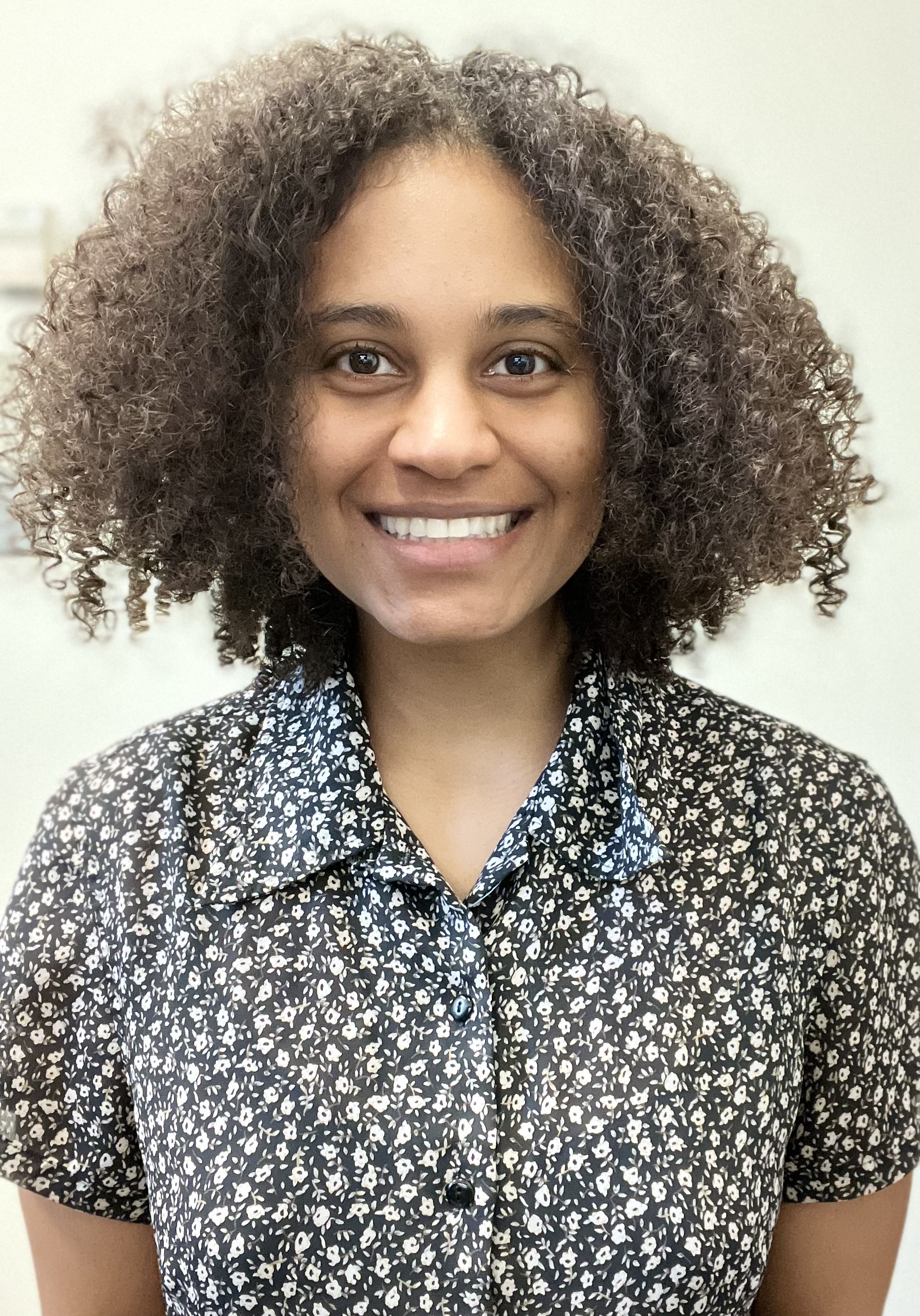
Nicole Inniss, PhD
Research Project Manager at the Center for Structural Biology of Infectious Diseases
Feinberg School of Medicine, Northwestern University
Dr. Nicole Inniss’ research interests are in the structural biology of microbial gene regulators in the context of infectious disease. She works closely with our Director and Lead Investigators to guide and promote the center’s research, is the key integrator for pipeline targets from request through structure determination, manages our collaborations, outreach and the Administrative Core.

